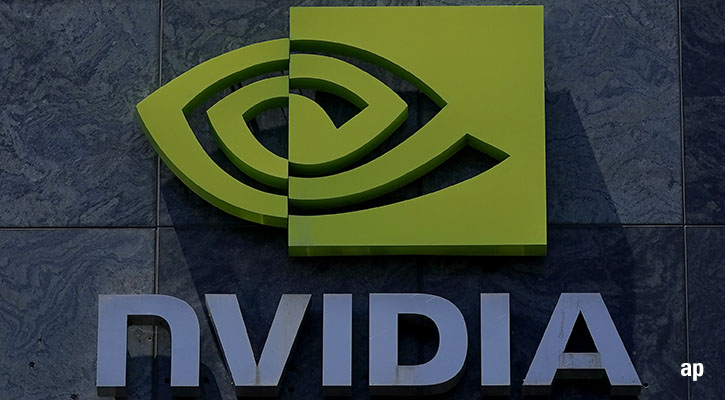McCarron’s style has been consistent throughout his tenure and he has demonstrated robust stock-picking skills
. In his search for stocks, he seeks less well-known, under-researched companies over popular index names and his process benefits from access to Fidelity’s sizeable European research team. McCarron leverages their analytical resources to screen the Europe ex-UK equity universe and also considers external broker research. However, he still meets with companies himself before investing as further due diligence. McCarron hunts for three types of stocks: those which are undervalued and misunderstood by the market, companies with strong growth prospects and turnaround situations with catalysts for recovery. He is generally less focused on cheap stocks than similar competitor funds and this is reflected in the portfolio’s valuation metrics and the fund’s growth tilt. There is also a top-down overlay to McCarron’s process which he uses to control any unintended tilts. For example, his style has typically edged the portfolio towards smaller-cap issues but early in 2007 he cut back small-cap exposure considerably on liquidity concerns in favour of stocks higher up the market-cap scale.
In the current market environment, McCarron has been finding ample turnaround situations, particularly in financials (having trimmed exposure to the sector early in 2007). Holding out-of-favour names and waiting for turnaround situations means the fund will experience spells of relative underperformance and investors need to be able to stomach fluctuations along the way; for example the fund ended 2006 in its category’s bottom quartile. That said, over the long term McCarron has been able to keep volatility in check as the fund’s standard deviation (a statistical measure of risk) is 109 basis points lower than the category average. Furthermore he has delivered excellent returns which compensate for rocky times.
McCarron’s experience and diligent execution of his strategy over a number of market cycles, coupled with the backup he enjoys from Fidelity’s research bench and talented managers on the European front, make it a standout in a competitive sector.
























